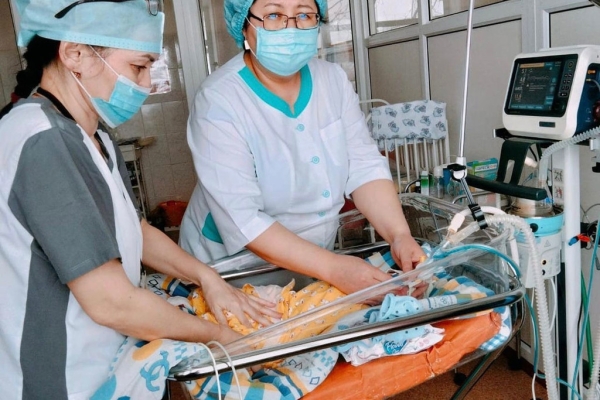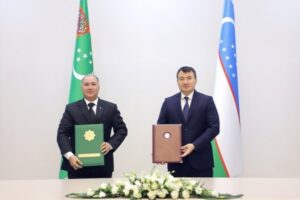In a move aimed at curbing the trafficking of newborns, Kazakhstan has introduced stringent new legislation, United Nations reported. The updated laws enhance criminal prosecution for a range of offenses including kidnapping, illegal deprivation of liberty, human trafficking, and involvement in prostitution. The legislation, approved ahead of the World Day Against Trafficking in Persons on July 30, addresses a troubling reality.

According to Kazakhstan’s Ministry of Internal Affairs, 19 cases of newborn trafficking were recorded last year, resulting in over 15 individuals being brought to justice. This year, six cases have already been reported, with prices for each child ranging from $200 to $4,500.
However, Gulnaz Kelekeyeva from Winrock International believes these figures do not fully capture the extent of the problem. She points out the lack of comprehensive research and accurate statistics on child trafficking in Kazakhstan.
Kelekeyeva emphasizes the need for updated research, noting that human and child trafficking has increasingly moved online over the past decade.
“Much has changed over the past 12 years,” she says. “Trafficking is now more prevalent in cyberspace, and a new analysis is essential to understand the current situation.”
Recent media reports have highlighted disturbing cases of child trafficking. For instance, obstetricians at a Kazakhstani maternity hospital were convicted of selling a newborn for $3,000 and sentenced to eight years in prison. Additionally, a 23-year-old mother attempted to sell her two young children, who are now under state protection.
Kelekeyeva also criticizes the lack of awareness among those responsible for child welfare, including healthcare and education professionals.
“Often, they mistakenly believe that combating child trafficking is solely the responsibility of law enforcement,” she notes. “There should be greater collaboration among all relevant services.”
The new legislation imposes harsher penalties for human trafficking and mandates that healthcare workers report abandoned newborns or face administrative penalties. A pilot project introduced last year at a maternity hospital in Astana is being expanded nationwide. This initiative assigns each newborn an individual identification number to prevent criminal transactions.
Member of Parliament Sergei Ponomarev, who contributed to the development of the anti-trafficking law, highlights the challenges posed by advancements in reproductive technologies. He notes that cases have arisen where women, particularly from southern Kazakhstan, are used as surrogates to bear children for others. The biological father of these children, often from another country, may legally take the child abroad.
Ponomarev emphasizes the need for international cooperation and is open to learning from other countries’ experiences to address these complex issues.
Currently, Kazakhstan regulates child adoption under its laws, with crimes related to the trafficking of minors being prosecuted under Article 135 of the Criminal Code.




